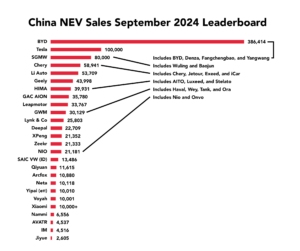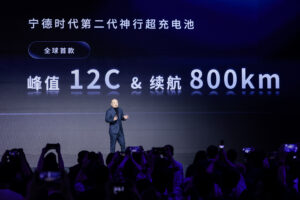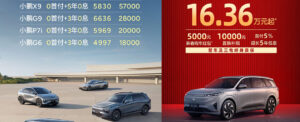Hyundai has struggled in China of late but isn’t throwing in the towel just yet, with a China-only EV set to launch in 2025.
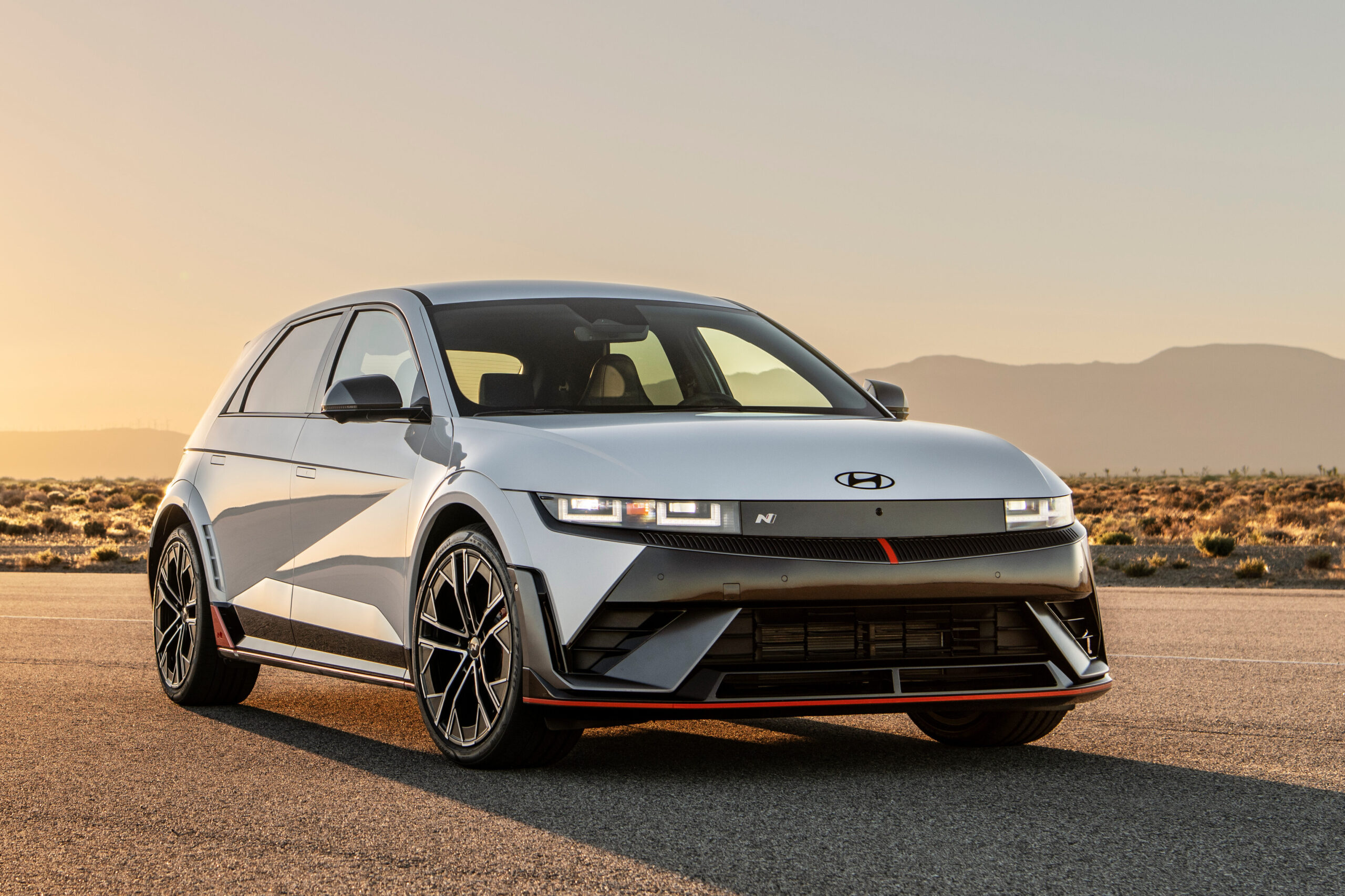
The news was revealed alongside the establishment of the Hyundai Motor China Advanced Tech and R&D Centre in Shanghai in a clear sign that Hyundai is committed to turning around its fortunes in the world’s largest car market.
As Hyundai’s first digital R&D hub outside of Korea and an independent entity in its own right, the centre has both the significance and remit to shape a China-specific strategy for Hyundai’s electric vehicle programme, a potentially smart move in an arena where many other foreign brands have scaled back.
China’s EV market is undeniably unique in terms of customer preferences and having direct access to the market with local know-how, the centre will focus on developing products that specifically appeal to those unique tastes, including a heavy emphasis on digital technology and body types that appeal to local consumers.
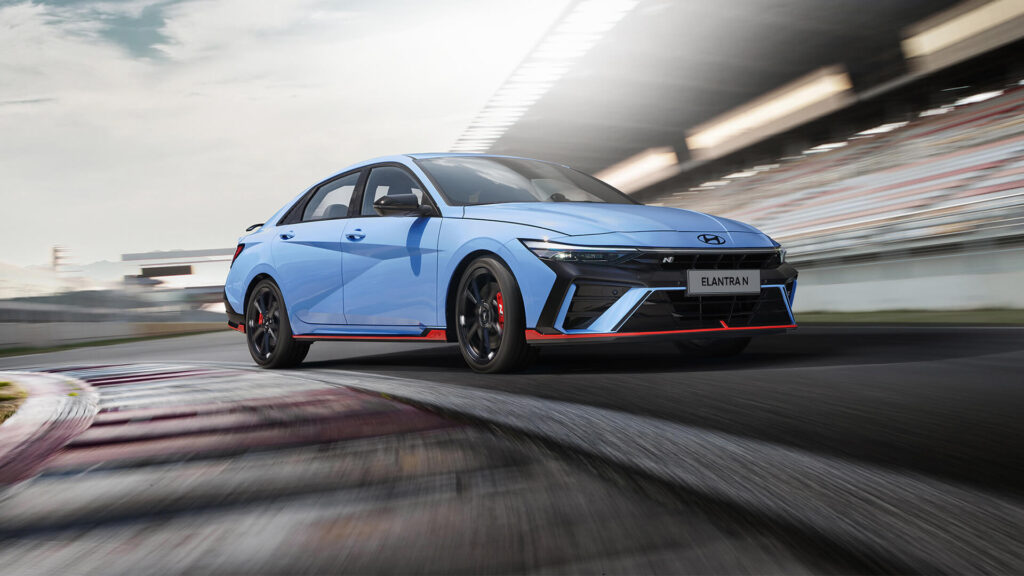
The teasing of the new China-only model in 2025 was made by the centre’s general manager, Yang Feng, who also provided some detail on Hyundai’s plans to combine their own innovation with that of leading Chinese technology firms.
Their priorities become apparent when you see who they’re partnering with, including Jianzhi Robotics, an intelligent driving systems developer, and Thundersoft, a leader in the smart cockpit solutions space, both suggesting Hyundai has no plans to be left behind with poor technology integration like some foreign competitors.
Hyundai’s fortunes in China have taken something of a nosedive in recent years, spurred on by the rise in anti-Korean sentiment following the THAAD missile crisis of 2017, and compounded by Hyundai’s lack of competitive offerings in the new energy vehicle space that now makes up more than half of all car sales in China.
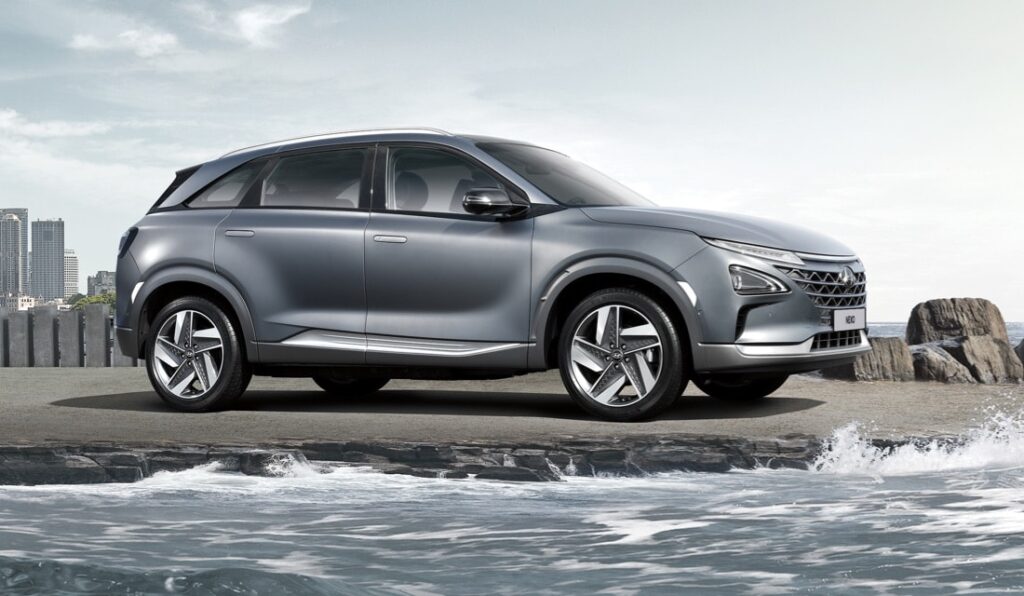
As of today, the only electric cars being offered in China by Hyundai are the IONIQ 5N (we’re as surprised as you to learn that) and the hydrogen-powered Nexo, neither of which you’re ever likely to see on the road. Hyundai certainly hasn’t been shy in demonstrating their full global range of EVs at recent Chinese motor shows but they’ve been hesitant to bring them to market.
Sister brand KIA has also tried to revive their fortunes in China in recent years, launching their first EV-only showroom in Xi’an two years ago along with the KIA EV6 GT to begin with, and more recently the China-first EV5 SUV, but neither model has made any discernible impact.
Yang Feng is well aware of the difficulties, not only in elevating Hyundai’s perception back into the public sphere but competing in a space occupied by around 60 functioning manufacturers, but he’s quoted as being optimistic that, bringing the giant’s automotive manufacturing expertise together with specialised local solutions, Hyundai can recapture more than their current 1.2% market share and compete with the local products on merit.

